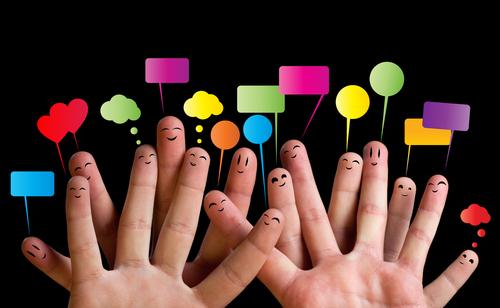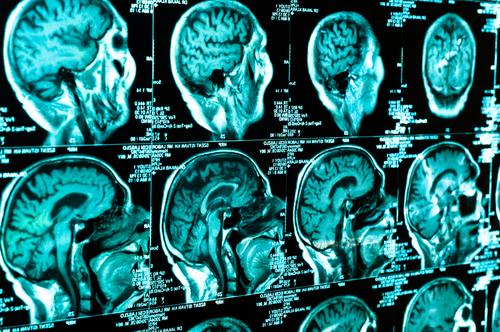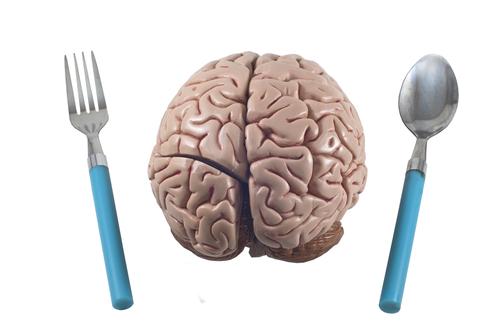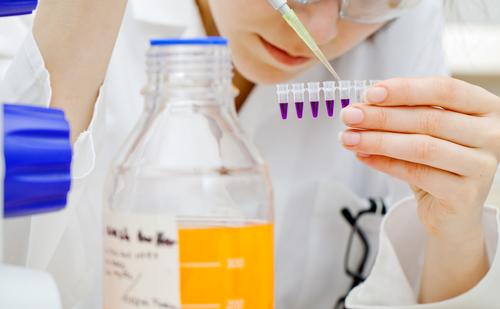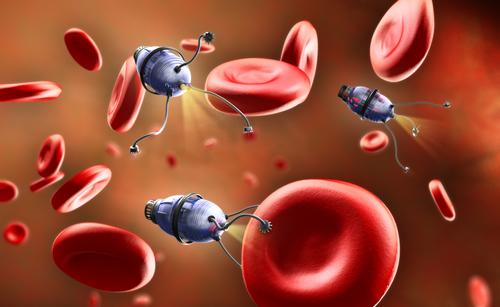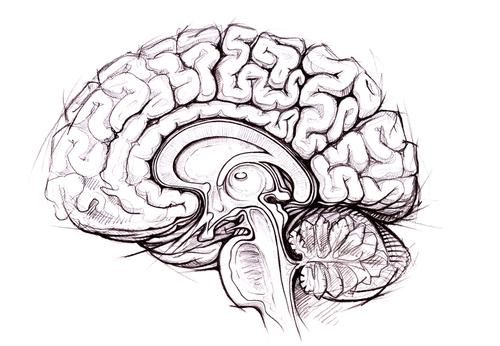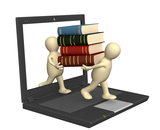Surprising Science
All Stories
As China develops its civilian space program, many of the same technologies could be used to weaponize satellites, challenging the US in space. But is that just paranoid speculation?
Innumeracy, in a data-driven age, means ceding control and understanding of an substantial chunk of yourself – your online reputation, the scores that colleges and employers use to screen out undesirable candidates – to others.
UN aid programs that encourage the development of local communities and their economies help create self-sustaining families, cities and countries. In 10 years, Ghana could be off aid.
Collaboration is the new buzzword. Open offices and brainstorming sessions purport to outperform the antiquated lone wolf. Yet solitude remains essential to creativity, say researchers.
If you are already toe to toe with your New Year’s resolution, gritting your teeth is not the best way to overcome the temptation to cheat. Understanding your willpower’s limitations is essential.
Web addicts have brain changes similar to those hooked on drugs or alcohol, preliminary research suggests. A new study carried out in China examined the brains of Internet addicts.
The Consumer Electronics Show is over and Mat Honan, senior reporter for Gizmodo.com, is depressed. He wrote a lyrical piece about the melancholia created by a three-day Bacchanalia of […]
A study that looked at biomarkers in the blood to correlate vitamins and brain function found very clear links between nutrition and brain health, says Alice Walton at the Atlantic.
Entrepreneurs in the biotech industry say innovation is budding, just like the personal computer 30 years ago. They’ve set up shop in Silicon Valley so can history repeat itself?
After advancements in treating colon and breast cancers using personalized medical regiments based on an individual’s genetic code, researchers are looking to tackle diabetes.
The most sensitive listening device ever has been created from a gold sphere just 60 nanometers in diameter, which may allow scientists to hear the body’s cells for the first time.
A newly discovered hormone, produced by the body during exercise, is enabling scientists to better understand how exercise works at the cellular level to prevent diseases like obesity and diabetes.
Not everything at the Consumer Electronics Show is a quirky gadget. The announcement of new genome sequencing technology edges toward a medical benchmark: the $1,000 genome.
In each generation, our most brilliant thinkers lay the foundations on which lesser lights will build a new, bloated bureaucracy of the mind. Can experimental philosopher Jonathon Keats help us break the cycle?
A British company has begun manufacturing a fully functional computer expected to retail for $35. With an easily-hacked operating system, the goal is to inspire computing innovation.
The Scottish physicist has lent his name to one of the most well-publicized physics experiments in history. The search for the Higgs boson would support physic’s Standard Model.
The old balance between liberty and security is being played out online. The availability of social network data facilitates state and corporate monitoring as well as more nefarious communication.
Sales of point-and-shoot cameras fell off a cliff last year and the spike in smartphone use is to blame. The use of social networks to share photos online has made smartphones more convenient.
Recent research confirms there are concrete steps you can take to increase your intelligence. And thanks to the brain’s neuroplasticity, scientists now believe it is never to late to start.
The forgetfulness and clouded reasoning normally associated with ancient grandparents may kick in earlier than thought, according to a new study which says mental decline begins at age 45.
Contrary to scientists’ expectations, the genes of individuals who live to be over 110 years-old are pretty normal. At the genetic level, supercentarians are just like everyone else.
More and more research suggests there is more than a fleeting boost to be gained from placebos. A change in mind-set about your health can create powerful physical changes.
A Pennsylvania start up has created a fleet of small robots that farm algae to make biodiesel. While still in an early stage, the robots could make fuel that costs 30 to 60 cents per gallon.
Engineers at MIT have discovered a new way of gathering depth information that could be used to create 3D cameras requiring only the modest processing power of a smartphone.
From all of us here at Big Think, Happy 70th birthday, Stephen! If you had only been one of the smartest humans ever, it would have been enough – but you’re something much bigger than that: a model of how to live.
A team of scientists, including chemistry Nobel Laureate George Olah, have turned to solid materials based on polyethylenimine to capture carbon from smokestacks and the open air.
Communities of species previously unknown to science have been discovered on the seafloor near Antarctica, clustered in the hot, dark environment surrounding hydrothermal vents.
Once they’re gone, mammalian arms and legs can’t ever be restored. But if you cut off a salamander’s leg it will reappear in just a few weeks. The enigma of amphibian organ regeneration has long puzzled scientists. Now, a new wave of scientists hopes to put it to use.
How important is motivation in education? As the nation’s top universities begin to offer free online courses, will developers need to make them more like video games to retain students?
Like the MP3 or ACC format used in music, a recipe needs to become a standardized digital good, one that can be bought, sold, shared, edited and annotated, says foody and techi Richard Fitchard.



